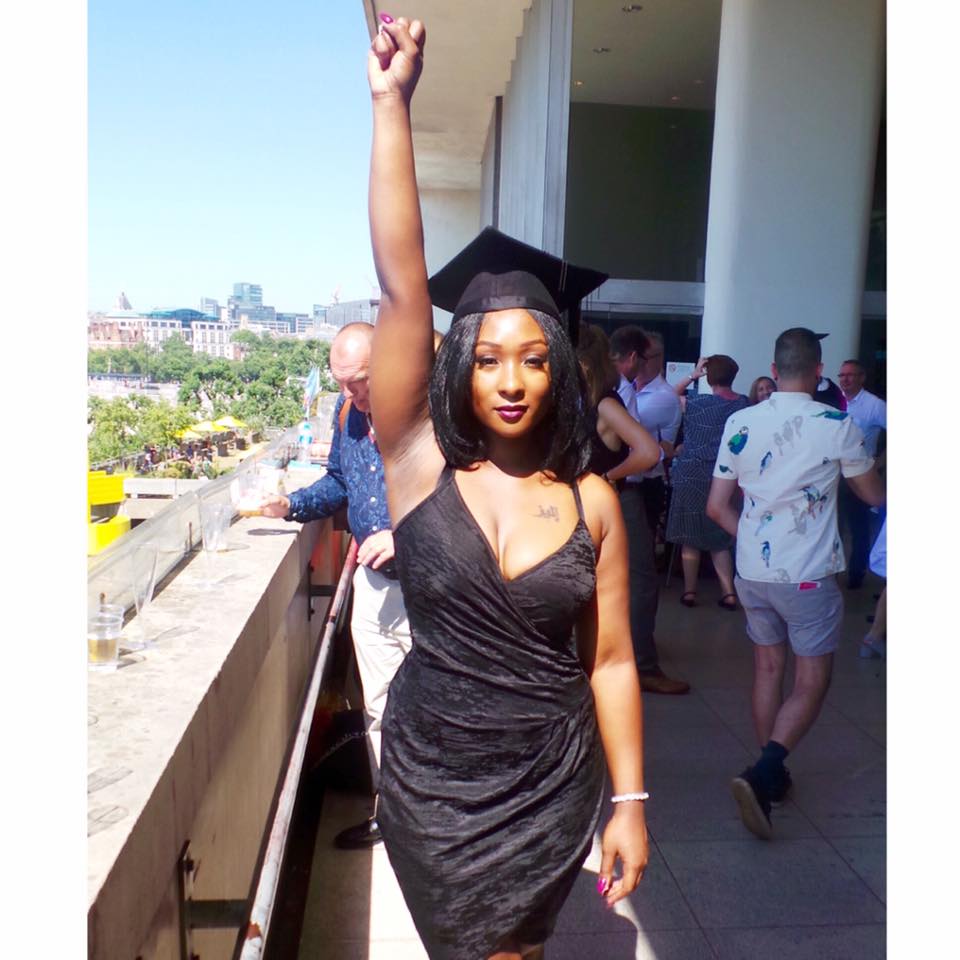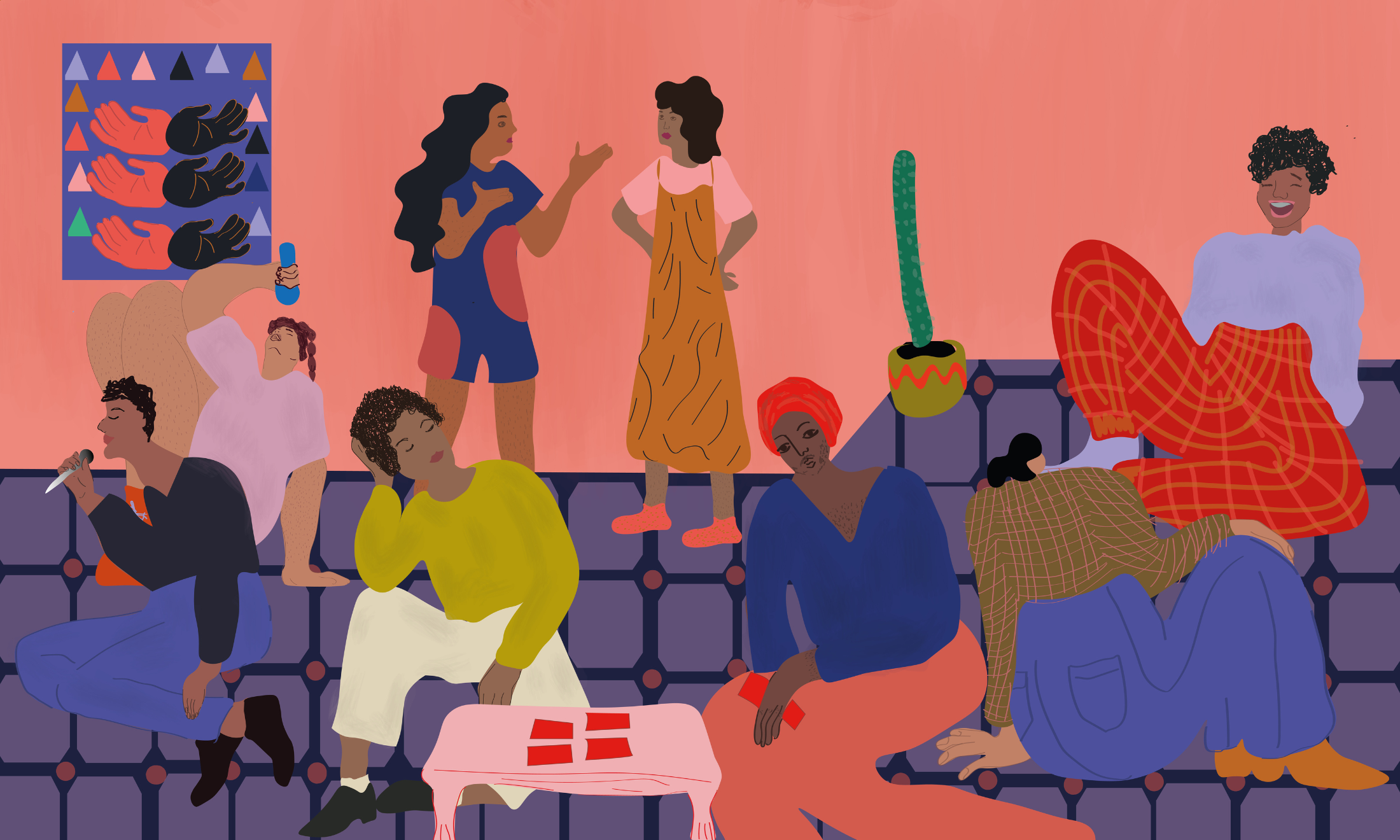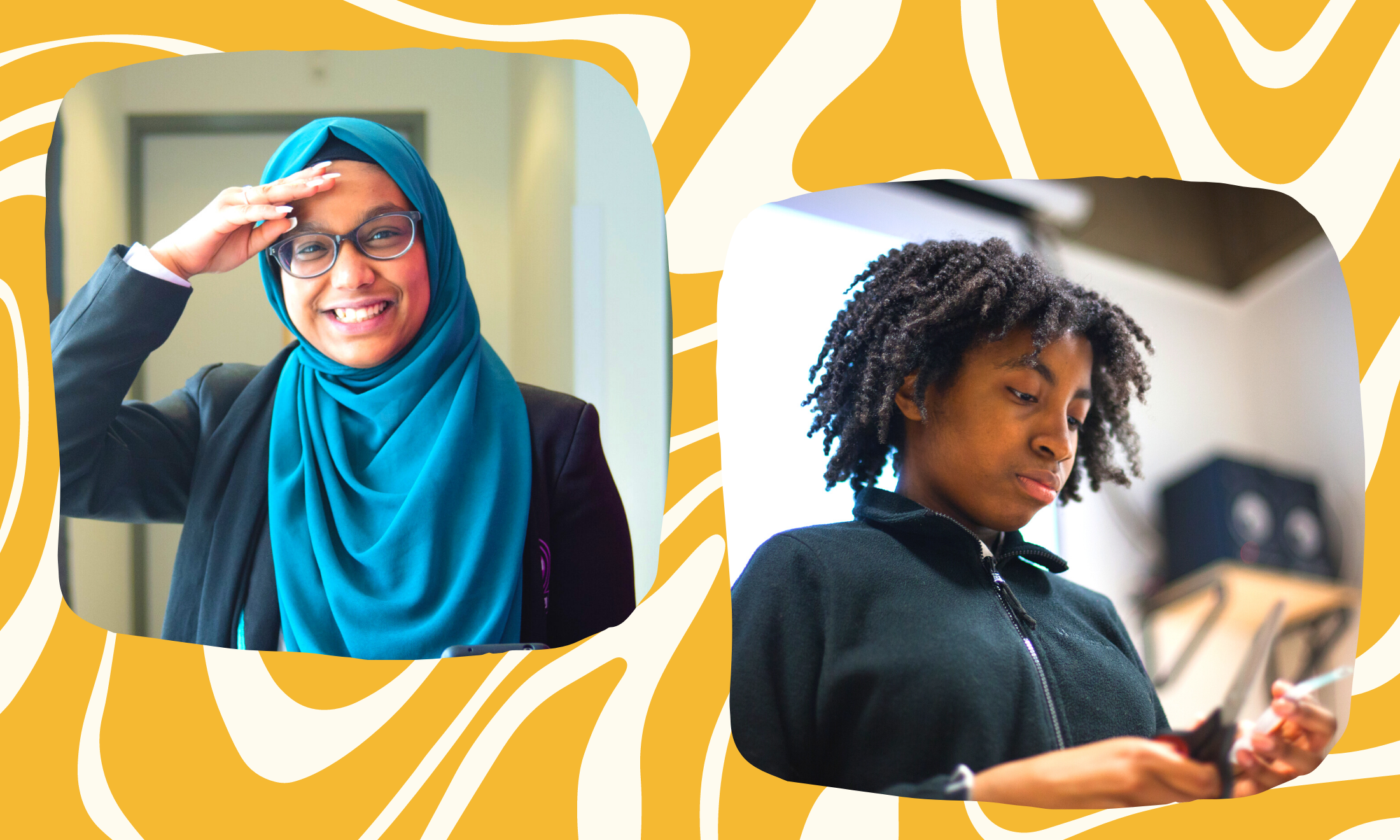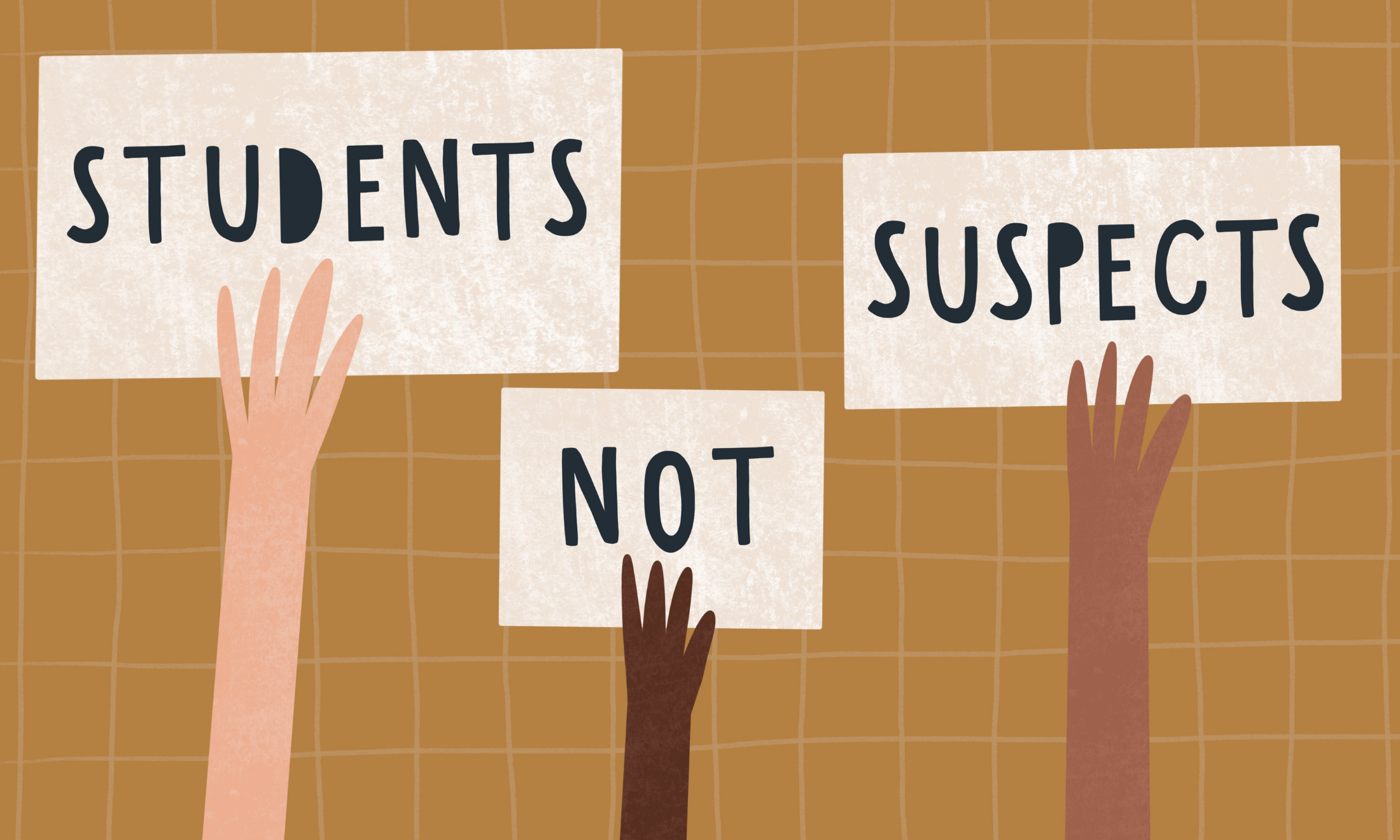
I am the first black person to complete a degree in Psychology for Fashion Professionals
Shakaila Forbes-Bell
01 Aug 2016
When I decided to do a Master’s degree in Psychology for Fashion Professionals at the London College of Fashion. I was greeted with a mixture of support, admiration and raised eyebrows. But, for me, doing a degree that was the first of its kind in the world, where I would be one of the first people ever to do it and the first ever black person to do it felt right.
For my undergraduate degree I studied Psychology at UCL, one of the best universities in the world. Even though I stayed in my home town of London, only one bus ride away from my house, I have never experienced such a culture shock in my life. I went from being at a school that was predominately black to being one of four Black people in a course of over 100 students. I felt an immense pressure to be my absolute best at all times, as I felt like I wasn’t just representing myself, I was representing my entire culture, race and community. No matter how amazing my friends were or how supportive my lecturers were, that feeling didn’t go away. But then, I did what you’re supposed to do when something’s bothering you, and acted. During my final year there was a lot of debate surrounding the disproportionate number of black men being stopped and searched, as well as media scaremongering surrounding “hoodie culture”. So for my thesis I decided to study the interaction of clothing and race on first impressions.
‘I went from being at a school that was predominately black to being one of four Black people in a course of over 100 students’
When reading articles about the Stephen Lawrence Inquiry, studies which showed that “70 per cent of news stories involving young Black men pertain to violence, drugs, gangs and other crime related actives” and studies which found “that when viewing an image of a racially ambiguous male, participants are more likely to categorise that person as ‘Black’ when they were wearing low status attire and ‘White’ when wearing high status attire”, it became clear to me that more research needed to be conducted surrounding the social, behavioural and cognitive factors behind racial inequality and that this research needed to be conducted by ethnic minority psychologists.
Nevertheless, one of my greatest flaws has been my need to seek approval from others, and when I was told by relatives, family friends and acquaintances that I should “just go and get a proper degree”, “become a lawyer so that I can make real money” and that my degree “wasn’t real”, I seriously contemplated whether I had made a huge mistake in deciding to study Psychology for Fashion Professionals. People always talk about “silencing the haters”, but what I’ve realised is that sometimes your biggest hater is yourself. You have control over how you choose to emphasise and rationalise the negative opinions of others and this time I decided that that wasn’t going to be me.
From the moment my mother sat me down and helped me make new outfits for my little black dollies my love of fashion has been intertwined with my desire to enhance the representation of black and minority ethnic women. When flicking through fashion magazines it was the black models that always caught my eye. To see a reflection of yourself revered as a symbol of beauty is a powerful thing for a young girl and the fashion industry is slowly beginning to realise that. So, as soon as I applied for the Psychology for Fashion Professionals course I knew that I wanted to study the impact of racially inclusive fashion models advertising. Again, when reading for my paper I was saddened to find statistics which show that black models are still widely underrepresented in the fashion industry, and as a result psychologists have found that witnessing the continued underrepresentation of one’s ethic group causes group members to feel devalued within society, and in turn, may negatively impact upon one’s self-worth.
To generate stimuli for my thesis I single handedly organised a photoshoot with over twenty white and twenty black models. When speaking to a modelling agent I remember them discussing the fact that their black models get booked less frequently than their white counterparts. To give these beautiful women a chance to shine alongside my team of culturally diverse assistants, photographers and make-up artists is one of my proudest moments, but, despite this, at times, my Masters was very difficult.
‘My love of fashion has been intertwined with my desire to enhance the representation of black and minority ethnic women’
Sadly, I suffer from a chronic pain condition called Ehlers Danlos Syndrome which exacerbates stress, and when I was in difficult situations and required to express dissatisfaction I felt as though I had to hold back. I didn’t want people to see a glimpse of the “angry black woman” stereotype. It’s a stereotype we, as black women, have to constantly fight against.
However, on the whole I would have to say that diversity and social inclusion is celebrated at London College of Fashion. I had the pleasure of having Caryn Franklin MBE on my course, one of the founders of All Walks Beyond the Catwalk and the person who gave me my first opportunity to write about my dissatisfaction with the representation of black women in the media. My course peers and lecturers gave me nothing but support and encouragement on my journey and I’m grateful that I was accepted into an institution that allowed me to have a voice during this new wave of social awakening.
Now, my plan is to take my research into the real world and help promote the use of BME models in the fashion industry. As I wrote on Instagram: “I have always and will always fight for the inclusion and positive representation of Black and minority ethnic women worldwide. It is pivotal that the marks we leave on this world are visible for all to see so that future generations of little black girls know that their achievements are boundless.”









